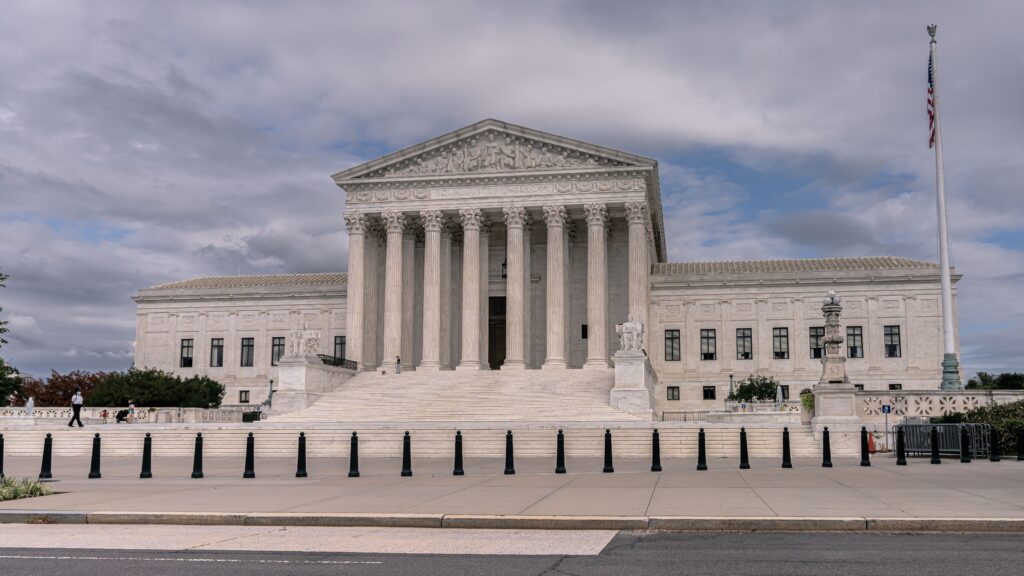
Photo by Adam Szuscik on Unsplash
The Supreme Court is expected to release a highly anticipated decision on the affirmative action cases, Students for Fair Admissions v. Harvard and Students for Fair Admissions v. UNC Chapel Hill, by the end of June.
Students for Fair Admissions (SFFA) is a conservative, anti-affirmative action organization that has sued both Harvard and UNC, claiming that there have been instances of illegal racial discrimination against Asian American applicants during their admissions processes. The district courts in both cases ruled that there was no discrimination against AAPI students at either university in their affirmative action processes. The district court for UNC’s case actually found that AAPI students were more likely to be admitted than Black students. Nevertheless, SFFA petitioned the Supreme Court to review the cases.
Affirmative action has a 40 year legal precedent that supports the consideration of race in college admissions in an attempt to address historic injustices that have led to racial inequality in higher education. Originally, affirmative action was expected to be a temporary program; it was widely believed that soon enough the country would overcome its history of racism and exclusion and the consideration of race would be unnecessary. However, that is clearly not yet the case as students of color are still significantly underrepresented on college campuses.
According to the Economic Policy Institute, Black Americans are about half as likely as white Americans to have a college degree. Additionally, the Brookings Institute has found that the net worth of a typical white family is nearly ten times greater than that of a Black family. When children’s parents do not have the financial resources to support their development, they will attend lower quality schools and receive unequal opportunities to attend higher education. A college degree is often the key to breaking cycles of poverty and achieving social mobility.
Despite affirming the legal precedent of affirmative action many times, most recently in 2016, the current conservative majority in the Supreme Court is expected to side with SFFA and ban affirmative action programs. A study conducted by the University of Washington found that without affirmative action, “students of color would experience an estimated 23% decline in likelihood of admission to highly selective public universities.” Harvard and UNC claimed that their affirmative action programs have helped them achieve diversity on their campuses. As the United States continues to struggle with systemic racism, the consideration of race within the holistic assessment of applicants is necessary to right the wrongs committed throughout history and work towards a more equitable future.
Sources: CNN 6/5/2023; LA Times 6/1/2023; ABC News 10/30/2022; Washington Post 1/30/2022; Brookings 2/27/2020
